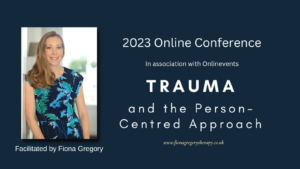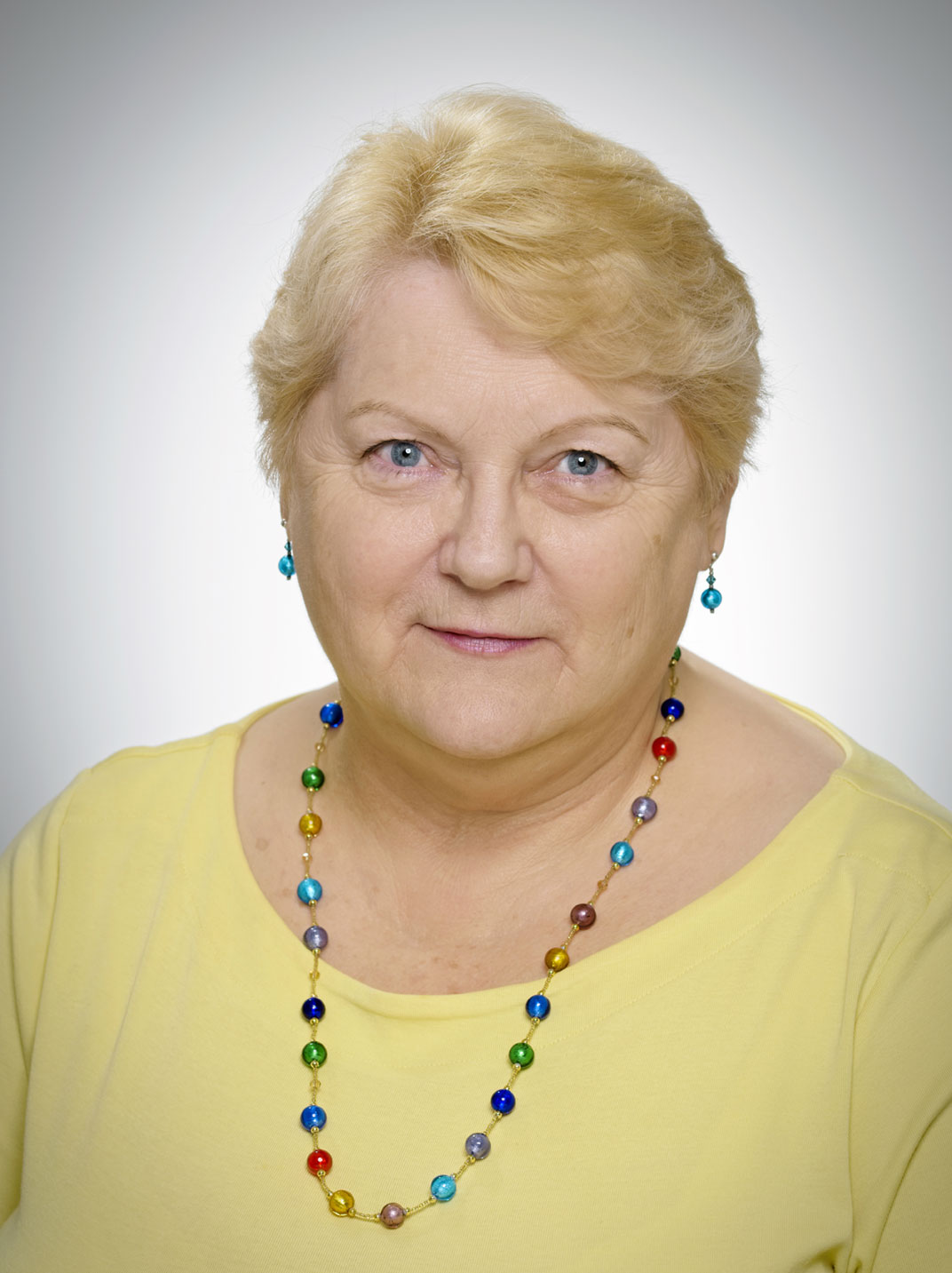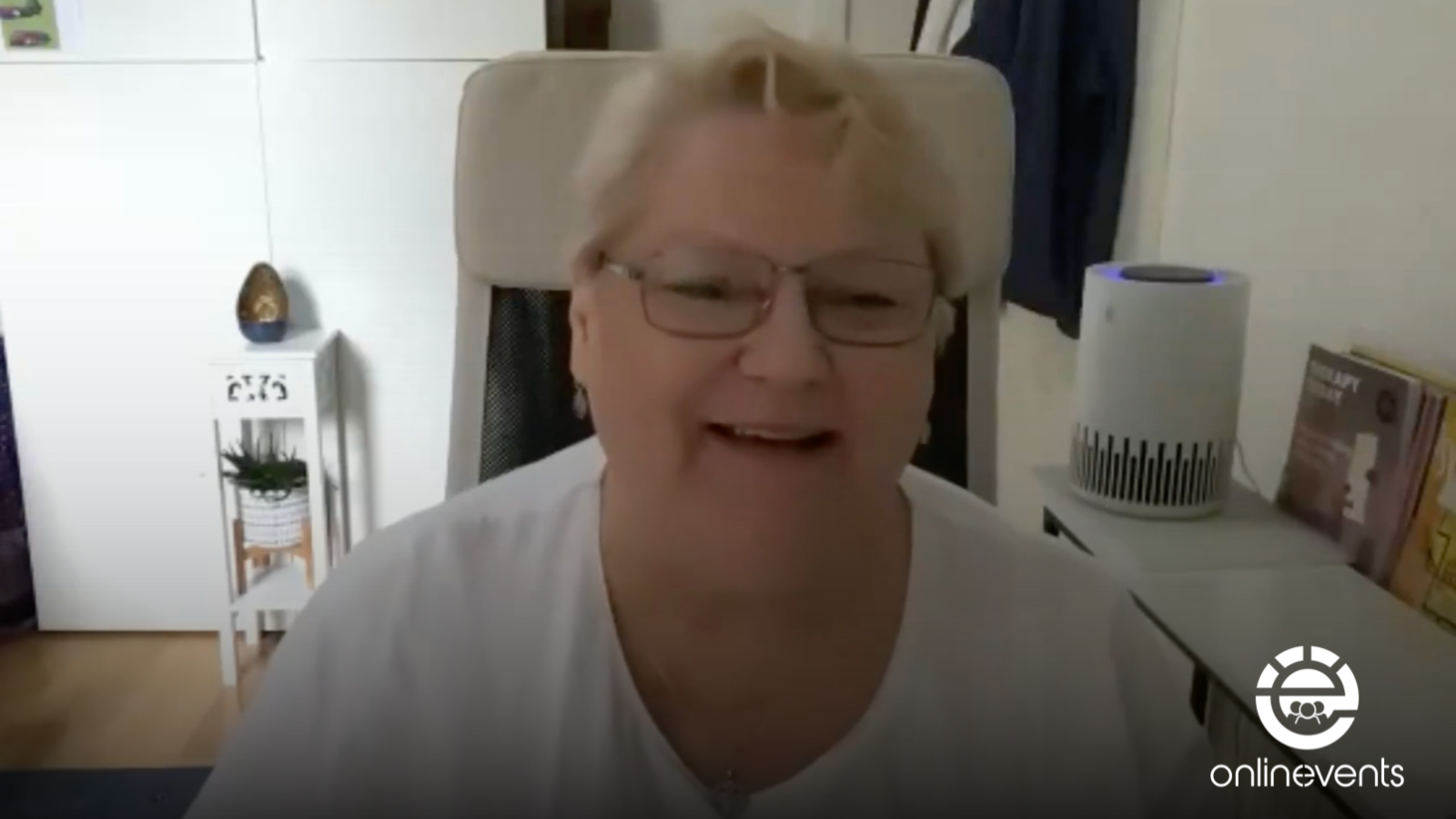Where there is chronic abuse in childhood, many learn to survive by dissociating from the experience. This may involve leaving the body, numbing out, splitting off, depersonalising and/or derealising.
Workshop Details
The experience and expression of dissociative process can be confusing for therapists as well as for the person experiencing it. The vulnerability of people living with dissociative processing to being pathologised and diagnosed with various mental illnesses (i.e. psychosis, personality disorders and so on) comes from a lack of understanding of this survival strategy. In this brief talk I will focus on what dissociation is, how it acts as a somewhat protective strategy, and how we may empower individuals who may be experiencing dissociation with us in the therapy room.
As my focus will be on early trauma, there will not be time to extend the discussion to the dissociation which is part of PTSD due to later traumas. However, I encourage participants to notice the similarities and differences in experiencing.
Learning Objectives
- To gain a deeper understanding of dissociative experiencing.
- To learn how to effectively support clients with dissociative identity disorder and other dissociative experiences.
- To encourage the the person-centred therapist to deepen their embodiment of the core attitudinal qualities, and add courage and fearlessness in recognising, welcoming and supporting every part of their client, to facilitate connection and healing within the client.
Who is This Workshop Appropriate For?
- Counsellors & Psychotherapists working with people who have experienced trauma
How May This Workshop Impact Your Practice?
- Person-centered therapy can be particularly effective when working with clients who have complex needs and dissociative experiences, and it may require a deepening of experience and empathy, and possibly additional training and education for the therapist to effectively support these clients, if it was not included in the core offer of their person-centred training.
2023 Conference – TRAUMA and the Person-Centred Approach
Fiona’s aim with this series of events is to bring together a range of practitioner voices for lively discussion and exploration of the challenges and benefits of person-centred practice when working with traumatised people.

The appropriateness and sufficiency of the person-centred approach to working with trauma is a topic of debate and controversy. On one hand, some argue that the approach is not appropriate or sufficient, because it doesn’t specifically address the unique needs and issues that individuals who have experienced trauma may face. These might include chronically intrusive traumatic memories and flashbacks; bodily and emotional reliving of the trauma; troubling somatic symptoms; difficulties with highly dysregulated emotions; experiences of dissociation, including structural dissociation of the self; chronic dysregulation of the nervous system; sleep disturbance and nightmares. Questions arise for some, as to whether the person-centred approach is a holistic enough approach to working with the extensive repercussions of trauma, or whether it works actively enough towards ‘resolution of trauma’.
Conversely, others argue that the person-centred approach is highly effective and uniquely powerful, because it prioritizes safety in relationship – the very thing that trauma undermines. What’s more, it is founded on the principles of unconditional positive regard and empathy for all parts of the person, including traumatized parts who feel the urge to protect by (reflexively or deliberately) disconnecting from relationships with self and others. Importantly, the person-centred approach also promotes self-exploration and autonomy, leading to a reconnection with organismic valuing, which we know tends to be stifled in traumatic childhood relationships, or can be lost through the experiencing of a traumatic event as an adult.
The question of whether the person-centred approach can be helpful in counselling for trauma survivors is an important one that requires further examination from different perspectives, which is the purpose of this series of events.
Fiona has sought out a range of speakers, from well-known writers and trainers in the field, to newer, emerging voices, as well as some practitioners from outside the field of person-centred practice. She would like to extend the invitation to anyone interested in speaking in 2023, so if you would like to speak on a topic related to person-centred practice and trauma, please get in touch with Fiona at [email protected].
Course Content
Presenter

Fiona is a UKCP registered person-centred psychotherapist with a special interest in trauma. She works predominantly with clients who are struggling with the complex long-term impact of adverse childhood experiences and abuse, as well as people who have experienced single traumatic events and are experiencing post-traumatic stress.
She holds an MSc in Contemporary Person-Centred Psychotherapy and Applications from Metanoia Institute and is also an EMDR practitioner. She has her own private practice in Surrey, volunteers for Mind as a therapist, and is the creator/facilitator of the Person-Centred Association’s Trauma Special Interest Group.

Jan Hawkins has a background in psychology, teaching and training in the PCA. Since 1991, she has been in private practice as a Person-Centred therapist, supervisor, group facilitator and trainer. Jan ran groups for Survivors of childhood abuse during the early nineties, controversially offering groups with women and men together, and for those who had experienced any type of abuse. Many students and supervisees reported their difficulties in locating good, practical and developmental training for practitioners focussing on the issues raised by a history of childhood abuse. In response to this expressed need in 1994 Jan created, and co-facilitated, a Diploma course in Counselling Survivors of Childhood Abuse, the first initiative of its kind in Europe. Since then, through FDP, Jan has continued to run post counselling training Diploma courses and study days with a conviction that experiential learning is imperative for the continued development and deepening of the core attitudinal qualities of the Person-Centred practitioner. She has been particularly keen to encourage Person-Centred therapists to extend their practice to people with learning disabilities, many of whom suffer silently from their legacies of childhood abuse.


